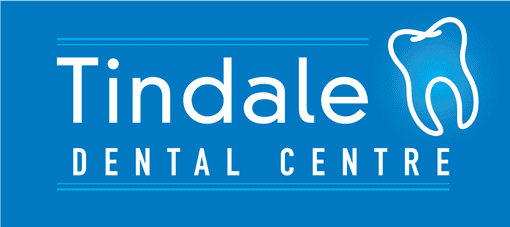
Tooth pain from stress: What’s really going on?
Tooth pain from stress is more common than most people realise. Stress affects your entire body, including your mouth and jaw. This blog explains how stress can cause or worsen tooth pain, what symptoms to look for, and how our team helps patients find lasting relief. If you often feel tension in your jaw, experience soreness in your teeth after a busy day, or wake up with discomfort, understanding the connection can guide you towards the right care.
Why stress can lead to tooth pain
When the body is under emotional or physical stress, it often responds in ways we do not immediately notice. Tooth pain from stress can feel dull and persistent or may present as sudden, sharp, sensations. It is also common to experience sore facial muscles, Temporomandibular Joint pan, or increased sensitivity. These symptoms often appear during periods of emotional strain and should not be ignored.
Bruxism
Clenching the jaw or grinding teeth is one of the most common habits linked to tooth pain from stress This condition, called bruxism, places repeated pressure on the teeth and surrounding muscles. Many people grind their teeth while sleeping, which means the habit continues without them knowing.
Signs your stress may be affecting your teeth
Tooth pain from stress can take different forms depending on how your body reacts. These are some of the most common signs that stress may be the source of your discomfort:
- Aching or tired jaw muscles when you wake up.
- Teeth that feel sore or sensitive without explanation.
- Clicking or tightness in the jaw during movement.
- Discomfort when eating or speaking.
- Flattened or chipped teeth that were not damaged by trauma.
Some people also notice a feeling of pressure in their teeth without any signs of decay or infection. These symptoms may also point to early signs of TMJ dysfunction, a stress-related condition that affects the jaw joint and surrounding muscles.
If your dentist has ruled out other causes and the pain continues, stress is a likely factor. A Penrith family dentist from Tindale Dental Centre may be able to help you confirm this and guide the next steps.
How to manage and prevent stress-related tooth pain
Tooth pain from stress can be managed successfully once the cause is identified. Early intervention helps prevent long-term effects such as enamel erosion or jaw joint problems. Speak with a Penrith family dental professional who understands this connection is the best way to begin.
Simple methods for tooth pain management
One of the most effective treatments is a custom-made night guard to protect your teeth while you sleep. This helps reduce pressure from grinding and protects the enamel from damage. Your dentist may also talk with you about stress-reducing techniques such as breathing exercises, mindfulness, or changes to your daily habits. In more advance cases, treatment might involve repairing damaged teeth or addressing alignment concerns that contribute to discomfort.
Families across Penrith rely on expert dental guidance that takes the whole person into account. When oral health care considers both lifestyle and physical signs, the results are not just effective, but long-lasting. This aspect is something Tindale maintains as a high priority for treatment.
Let Tindale Dental Centre help you find relief
Tooth pain from stress can interrupt your sleep, lower your concentration, and impact your wellbeing. With the right care, it is possible to feel better and protect your teeth from further harm. Our Penrith family dental team is here to offer professional advice and comfortable treatment tailored to your needs.
If stress is affecting your smile, one of our friendly team members from Tindale are here to help. Book your appointment today and take the first step towards comfort and peace of mind.
